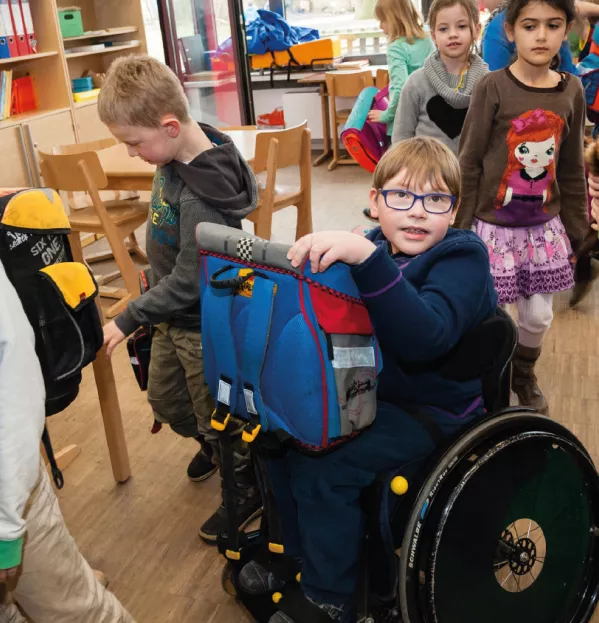It’s strange, but inclusion in schools is a much-contested term. It’s contested among staff and it’s also hotly discussed by parents. Everyone has a view and they certainly don’t all agree.
I think it’s because, over time, and because there are many different generations of people working in schools (yes, folks, all teachers and teaching assistants are not the same age, neither do they have the same personal circumstances; some of them even have children of their own) there are several interpretations at play.
Occasionally, even the notion of inclusion can be up for debate. Sometimes, this is because a member of staff has had a bad day, but sometimes this is because there are deep-seated beliefs about disabled people that, frankly, need challenging.
“Ableism” is not a term I had come across until I began to study for my special educational needs and disability coordinator course, although working in the SEND field, it’s something that I experience second-hand almost daily. In essence, it refers to prejudice or discrimination against disabled people and it can take many forms, from hate crimes and bullying to the soft bigotry of low expectations. It needs calling out, in the same way that racism and sexism do.
Challenging an adult’s deeply held, and sometimes sincerely felt (what I like to call the “poor dear” mentality) views can be tricky, though.
Discussing what inclusion isn’t
Rather than having a row over the staffroom doughnuts, I prefer to do it by gently asking people to discuss what inclusion isn’t during, say, a staff meeting or training session. Sometimes staff are happy to come up with examples to discuss, sometimes not.
When adults are struck dumb by the suggestion of defining something through the things that it isn’t, it’s handy to have a few example statements. I will share some with you for your own discussions, which usually generate a good debate: “I treat all children the same”; “Some children should not be at this school”; “It’s not my job to do that (insert activity of your choice)”; “Those children would be better off in that school down the road”; “Well, what can you expect from those children?”; “It doesn’t matter if those children miss art/music/PE (insert subject of choice)”; “It’s not fair on me”.
My reason for encouraging discussion of what is or isn’t inclusive practice, and challenging the ableist notions that drive exclusionary behaviours, is this: successful schools are informed by the shared values of the people who create and work within them. And those people are us.
Nancy Gedge is a consultant teacher for the Driver Youth Trust and the Tes SEND specialist. She tweets @nancygedge

